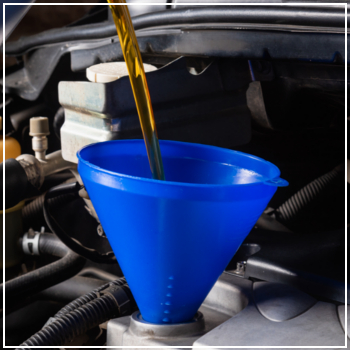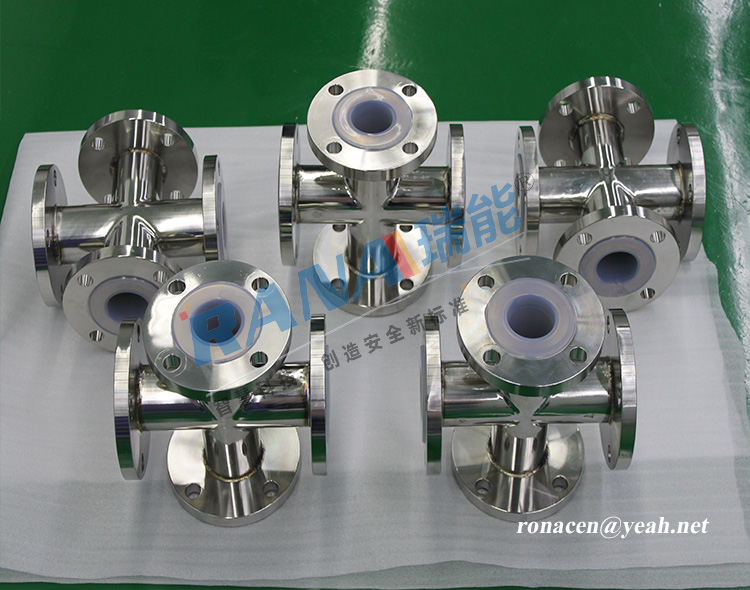Does Your Car Need Synthetic or Conventional Oil?
 Next time you go for an oil change, you might be asked whether you want conventional or synthetic motor oil. The mechanic may give some recommendations based on your car's model and how many miles it has on it.
Next time you go for an oil change, you might be asked whether you want conventional or synthetic motor oil. The mechanic may give some recommendations based on your car's model and how many miles it has on it.
Synthetic oil has become increasingly popular over the years. It used to be mainly for high-performance cars, but now it's a common choice for everyday vehicles because of its low viscosity, which helps it flow more easily. This can reduce stress on your engine and even improve fuel efficiency.
It’s estimated that around 70% of new cars use either synthetic or a synthetic blend instead of conventional oil. However, conventional oil still has its place, especially in older vehicles or certain situations. Here’s a closer look at both options.
Advantages of Synthetic Oil
Synthetic oil starts with the same base as conventional oil—crude oil—but then it’s refined with special additives like castor wax, paraffin, or polyalphaolefin. There are two types: fully synthetic and synthetic blends, which mix in some conventional oil to keep costs lower. Both types flow better in cold weather, last longer, help clean the engine, and provide better protection for engine parts.
Here are some reasons why synthetic oil is often preferred:
- Synthetic oil is less likely to break down under high temperatures, making it more durable and extending its life.
- It flows more smoothly in winter, helping your engine start up faster and run more efficiently in cold conditions.
- Synthetic oil resists evaporation in hot climates, maintaining its effectiveness for longer periods.
- It’s great for short trips and city driving, as it warms up quickly, removes moisture, and prevents sludge buildup, which can lead to engine damage.
- Because of its superior lubrication and longevity, synthetic oil is ideal for heavy-duty tasks like towing or hauling.
- It lasts two to three times longer than conventional oil, meaning fewer oil changes and less waste. Some synthetic oils can go up to 15,000 miles between changes, compared to 3,000 for conventional.
- Synthetic oil is less likely to hold onto water or debris, reducing the risk of rust and corrosion.
Keep in mind that not all synthetic oil changes are the same. Follow the manufacturer’s guidelines or stick to a standard 5,000-mile interval if unsure.
When to Choose Conventional Oil
Conventional oil is made from crude oil with added chemicals to improve heat resistance and viscosity. It’s generally more affordable. While synthetic can cost four times as much, some blends only cost a little more. Although synthetic is often recommended, there are situations where conventional oil is still a good choice:
- Older vehicles, since their engines were designed to work best with conventional oil. In some cases, it may offer better protection and performance.
- Cars with less than 75,000 miles. At this point, engines are less prone to wear, and the lower viscosity of conventional oil won’t cause problems.
However, conventional oil tends to degrade faster, especially in colder climates. This can mean:
- More frequent oil changes, ideally every 3,000 miles.
- A higher risk of engine clogs and deposits.
- Increased strain on the engine during cold starts, as it takes longer to warm up.
- More chance of holding onto moisture and debris, which can speed up engine wear if you delay oil changes.
When it’s time for an oil change, consider booking an appointment with DaSilva’s Auto Body. Visit our Naugatuck location today for expert service and peace of mind.
Want to better fluoropolymer PTFE, PFA lined corss for your chemcials pipeline?
RANA fluoroplastic PTFE, PFA lined pipe cross will be your best choice!!
With its excellent anticorrosion performance, these lined crosses are widely used in pharmaceutical industry and chemical industry.

whenever you have any Teflon PTFE, PFA Lined Pipes and fittings demand, don't hesitate to contact us, we are ready to offer you the solution and price.
Lined Cross,Pfa Lined Cross,Ptfe Lined Cross,Teflon Lined Cross
JIANGSU RANA FLUORINE MATERIAL TECHNOLOGY CO., LTD , https://www.ranatank.com